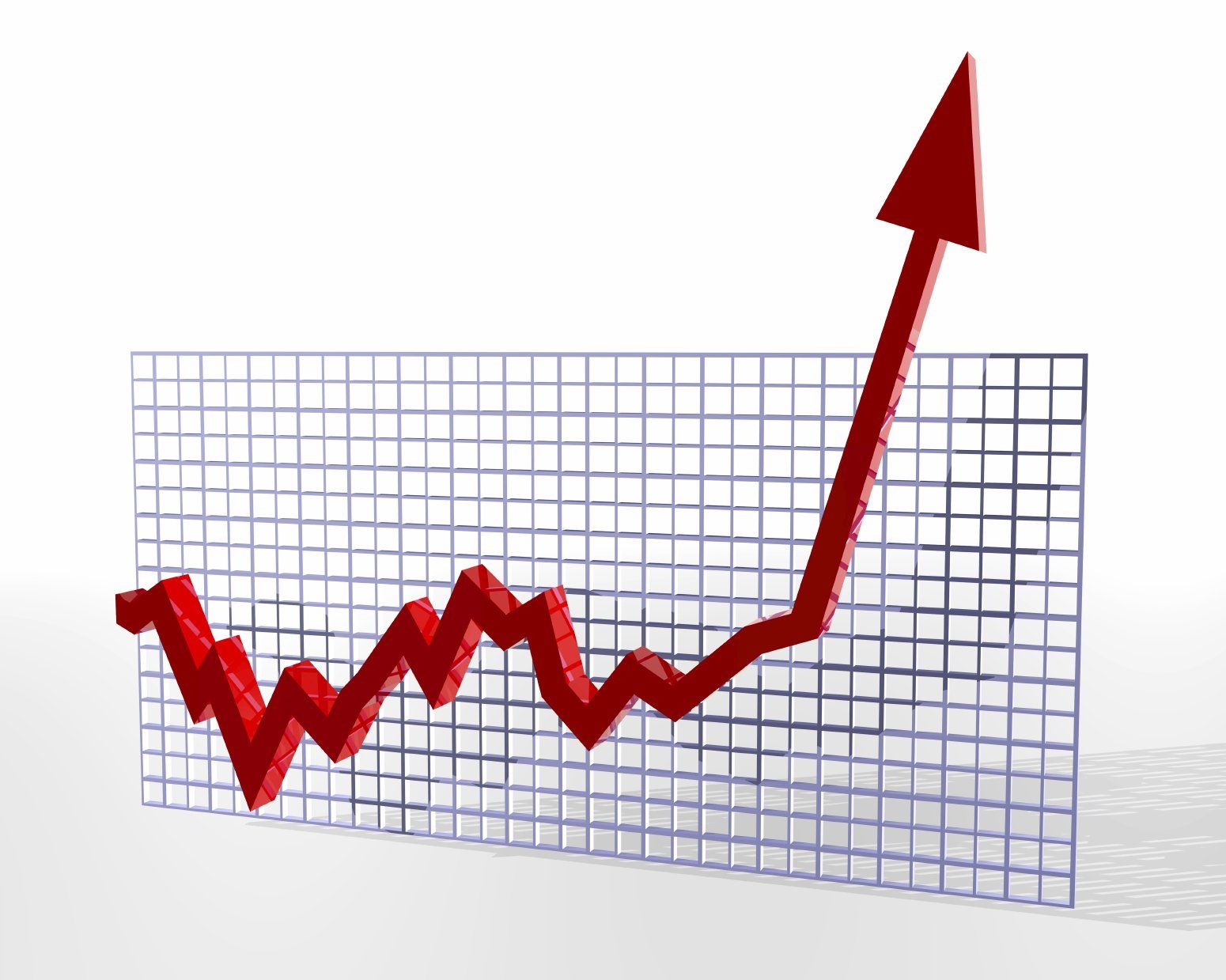Where were you 25 years ago?
With the long platinum jubilee bank holiday behind us, a lot of people have spent the last few days reminiscing about events that have happened in the past.
When all the coverage was on the television and the historic films being shown, I suspect a lot of people would have put the current day ‘big news’ out of their minds and instead replaced it with thoughts of ‘that was life before mobile phones’ or reminiscing about what they were doing when certain events happened, be it the first time the worldwide web was used or the first email being sent. Little did we know how these would change the modern business world!
For example, back in 1997…….
- J.K. Rowling just published the first Harry Potter book.
- General Motors is releasing the EV1, an electric car with a range of 60 miles.
- The internet is in its infancy, Y2K looms, and everyone is worried about the Russian financial crisis.
A stranger offers to tell you what’s going to happen over the course of the next 25 years.
Here’s the big question: Would you invest in the stock market knowing the following
events were going to happen? And could you stay invested?
- Asian contagion
- Russian default
- Tech collapse
- 9/11
- Stocks’ “lost decade”
- Great Recession
- Global pandemic
- Second Russian default
With everything I just mentioned, what would you have done? Gotten into the market?
Gotten out? Increased your equity holdings? Decreased them?
Well, let’s look at what happened........
From January 1997 to December 2021, the US stock market returned, on average, 9.8% a year.
A dollar invested at the beginning of the period would be worth about $10.25 at the end of the period.
These returns are very much in line with what returns have been over the history of the stock market. How can that be? The market is doing its job. It’s science.
Market uncertainty
Investing in markets is uncertain. The role of markets is to price in that uncertainty. There were a lot of negative surprises over the past 25 years, but there were a lot of positive ones as well. The net result was a stock market return that seems very reasonable, even generous. It’s a tribute to human ingenuity that when negative forces pop up, people and companies respond and mobilise to get things back on track.
Human ingenuity created incredible innovations over the past 25 years. Plenty of things went wrong, but plenty of things went right. There’s always opportunity out there. Think about how different life is from the way it was in 1999: the way we work, the way we communicate, the way we live. For example, the gross domestic product of the US in 1997 was $8.6 trillion and grew to $23 trillion in 2021. (Read more about the merits of investing in innovation.)
In 1997, few would have forecast a nearly 10% average return for the stock market. But that remarkable return was available to anyone who could open an investment account, buy a broad-market portfolio, and let the market do its job.
Investing in the stock market is always uncertain. Uncertainty never goes away. If it did, there wouldn’t be a stock market. It’s because of uncertainty that we have a positive premium when investing in stocks vs. relatively riskless assets. Reaping the benefits of the stock market requires being a long-term investor.
By investing in a market portfolio, you’re not trying to figure out which stocks are going to thrive, and which aren’t going to be able to recover. You’re betting on human ingenuity to solve problems.
The pandemic was a big blow to the economy. But people, companies, and markets adapt. That’s my worldview. Whatever the next blow we face, I have faith that we will meet the challenge in ways we can’t forecast.
I would never try to predict what might happen in the next 25 years. But I do believe the best investment strategy going forward is to keep in mind the lesson learned from that stranger back in 1997: As they always said on “Dad’s Army - Don’t panic Mr Mainwaring!”
https://www.youtube.com/watch?v=nR0lOtdvqyg
Invest for the long term.
Source: Dimensional
If you'd like to discuss your investments further
then please do
get in touch
Feel free to share this on your social media or with friends and family:











